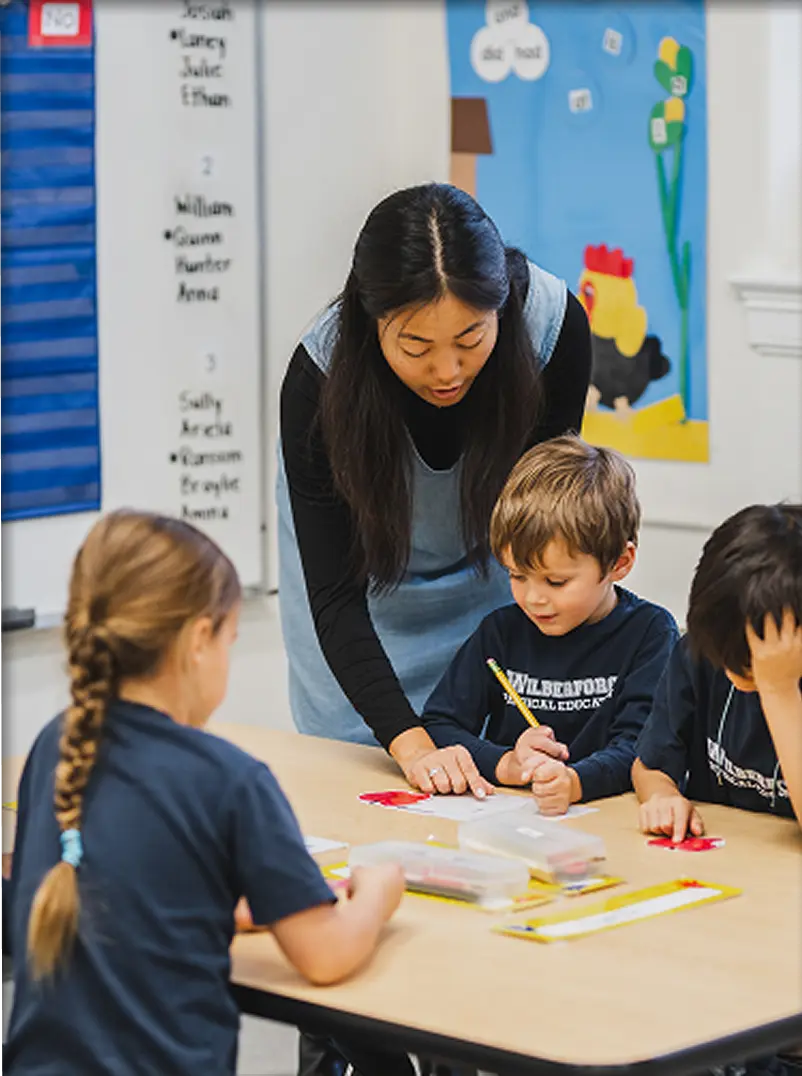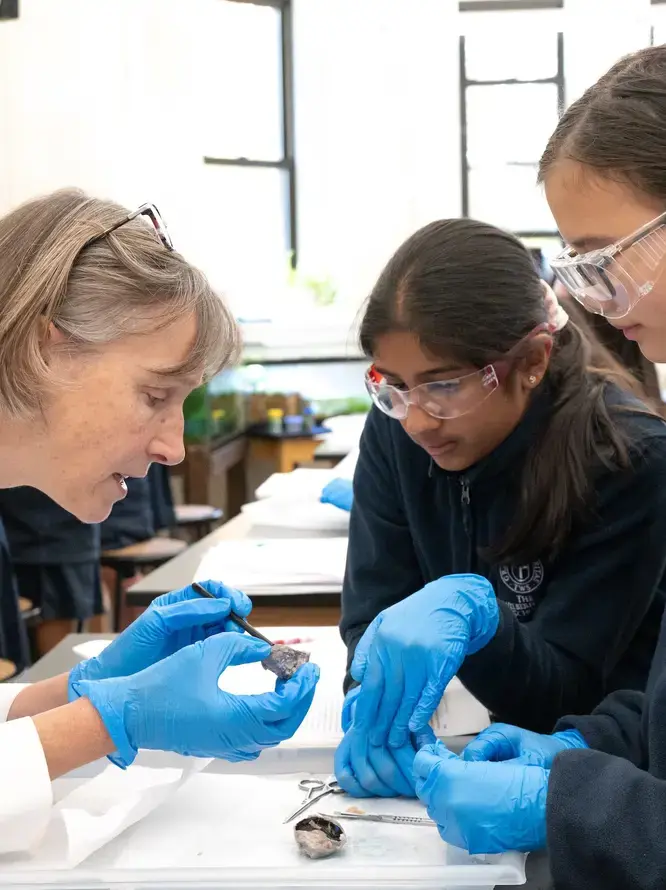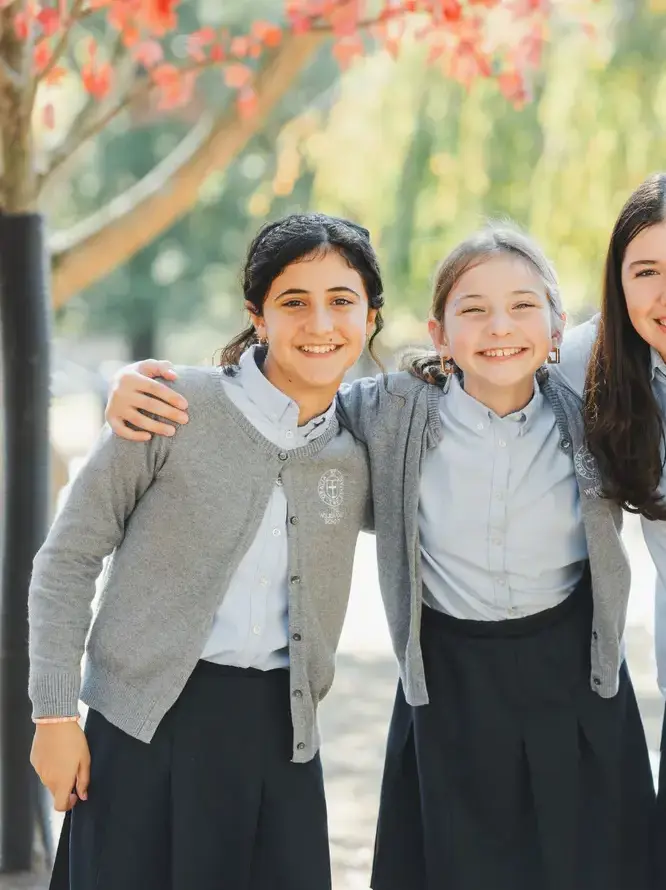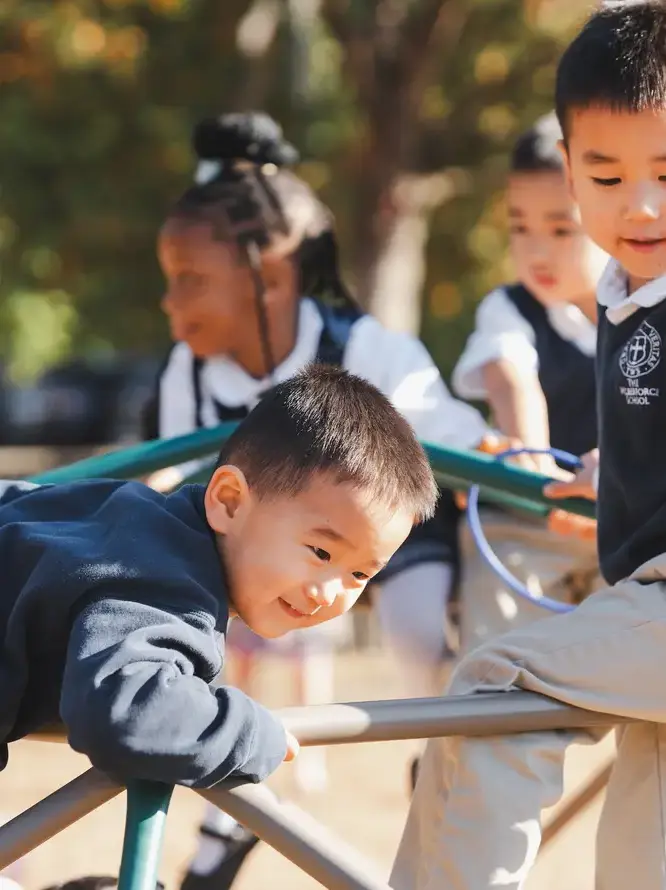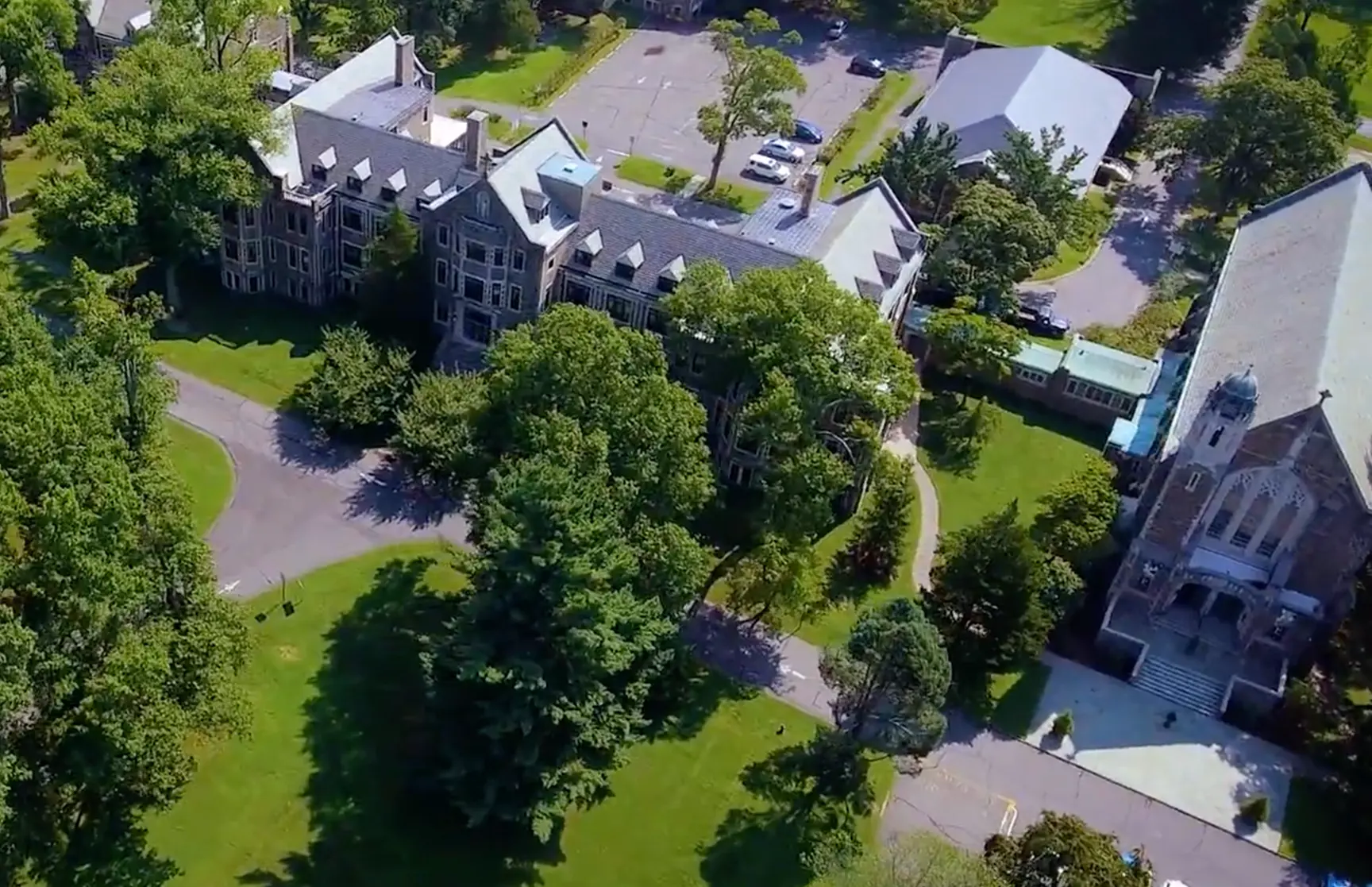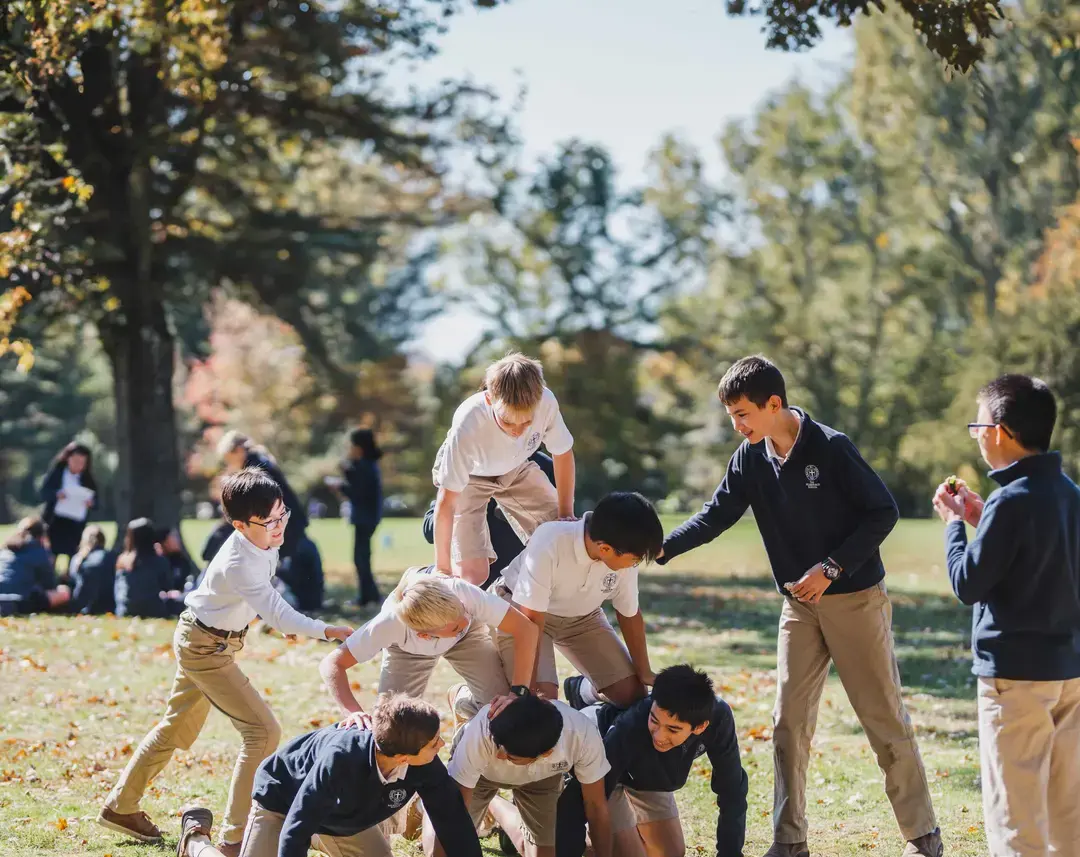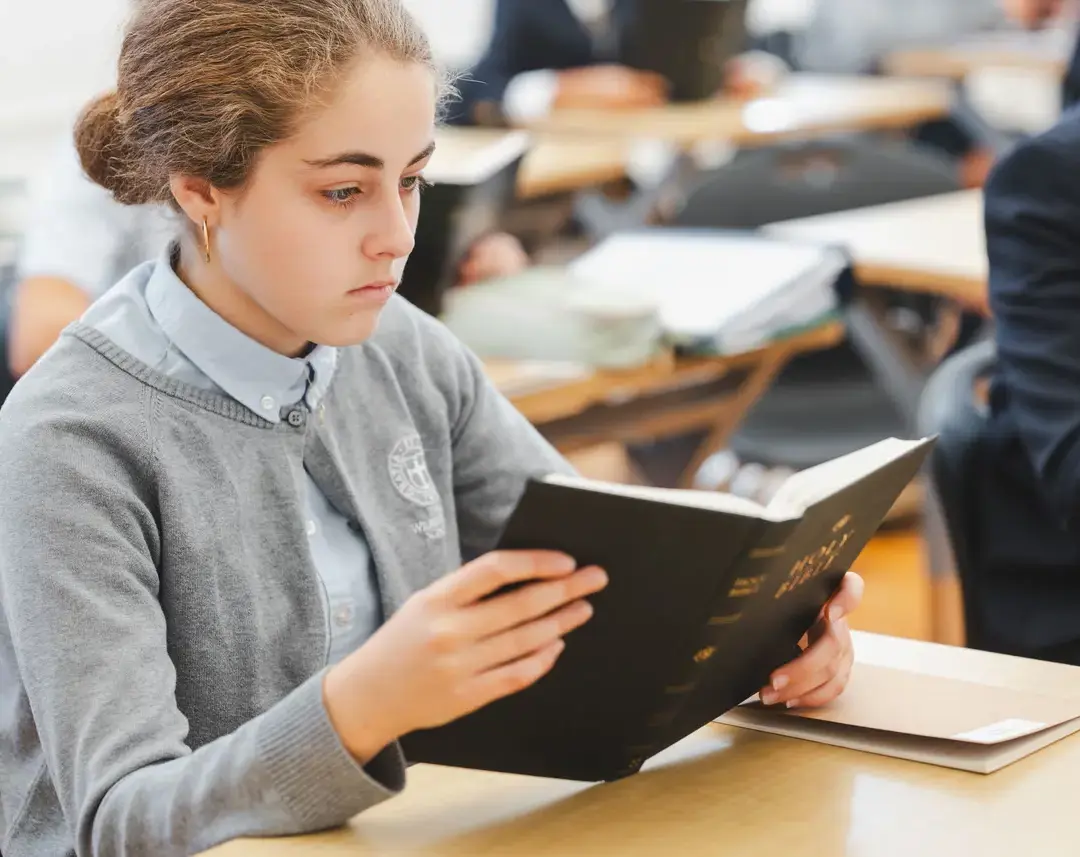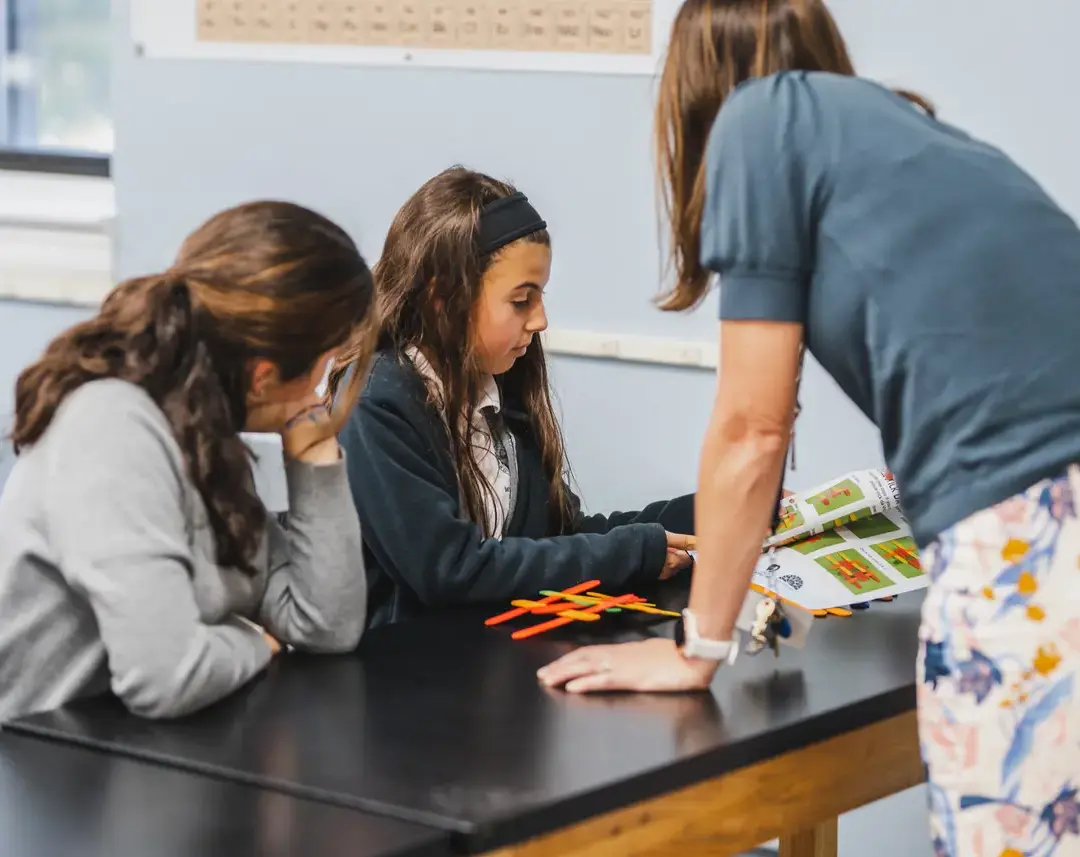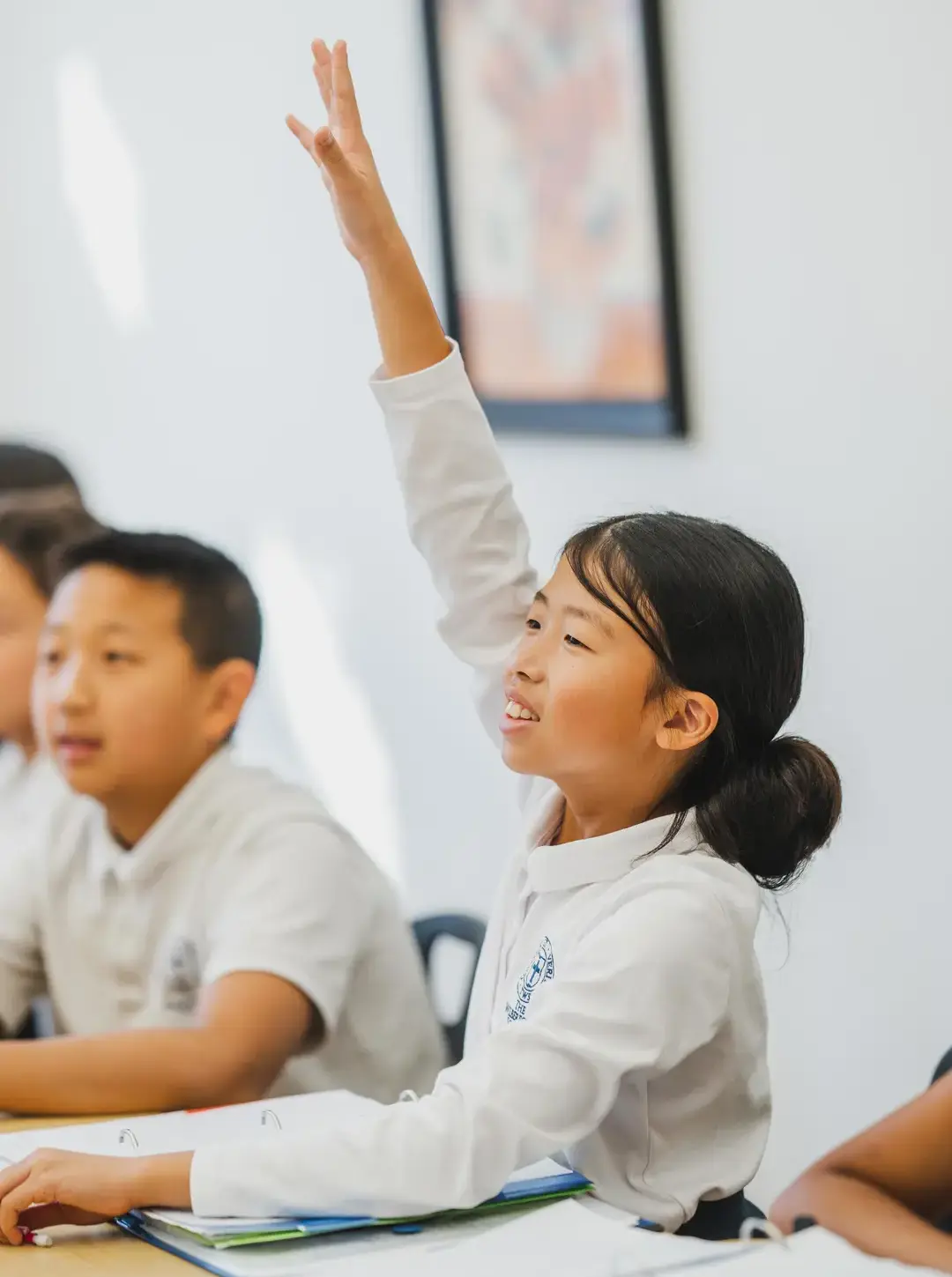MIDDLE SCHOOL
6th-8th Grades
At Wilberforce, we believe the middle school years are more than a transition into the upper school.
During these distinct and formative years, students are challenged both academically, and in their character development. These are unique years for asking deeper questions, forming identities, and coming into one’s own faith, all in the context of a wonderful community of learners.
In the middle grades, children’s capacity for abstract thought expands rapidly. At this stage, they become attracted to argumentation and abstract ideas. The introduction of formal logic shifts the focus from mere facts to understanding relationships. Students learn to reason as they identify critical assumptions, logical fallacies, and inconsistencies. At Wilberforce, we believe these years are significant, not only to emphasize logic, but to lift up the Lord, in whom all reasoning holds together.
As Christians, we prize clear and disciplined reasoning as a tool to grasp and communicate the truth. We also recognize, however, the kind of logic that either denies God or does not acknowledge His activity is futile, as Paul says in the first chapter of Romans. The Wilberforce School seeks to teach logic in an environment in which the gospel of Jesus Christ is fully embraced.
The Wilberforce School cultivates whole persons: intellectually, socially, physically, and spiritually. Learning in community, whether around the seminar table or in the laboratory, is a hallmark of our classes. In every class at Wilberforce, students apply habits of responsible stewardship, gentle justice, and self-discipline in their scholarship, their sports, and their service.
Curriculum and Culture
The Wilberforce Middle School curriculum is carefully constructed as an integrated and coherent whole. Each element is purposefully related both to the learning environment and to the rest of the curriculum. Our Middle School builds on the grammar years with a challenging curriculum filled with mathematics, science, fine arts, humanities, and Scripture.
The Wilberforce School stratifies the curriculum according to the categories of grammar, logic, and rhetoric, based on the classical notion of a liberal education. Lower School Classes (grades 1-5) are considered grammar courses; they communicate the basic elements of the subjects. Middle School Classes (grades 6-8) are logic level, and begin to articulate the implications and relationships that exist among the ideas already learned. Upper School Classes (grades 9-12) take rhetoric courses, where students work to synthesize and interrelate ideas and concepts that they have already learned.
| House Community: |
|---|
| The Wilberforce house community begins in Middle School (6th-12th grade). The first weekend of the school year all Middle and Upper School students and faculty go on an overnight retreat together to induct new students into their house and forge lasting friendships and memories. The purpose of the house community is to build a culture of leadership, service, mentorship, and joy. Each house serves as a family within the broader school community which strengthens friendships across grade levels. |
| Becoming a Wolverine: |
| Students can participate in competitive athletics with two sports offered each season, and join specialty clubs such as Debate, Middle School Newspaper, and Creative Writing. Wilberforce also encourages student-led organizations and opportunities. |
| Focus Week |
| During ”February Focus Week”, a week of joyful discovery, Middle School students are offered a variety of unique mini-courses in lieu of regular classes. Students choose from a variety of subjects and at the conclusion of the week, share their finished projects with the entire school. Courses have included Forensic Science, Miniature Painting, Calligraphy, Woodworking, Theater, and more. This week encourages students to explore their creativity and engage with new content.
See February Focus |
| Speech: |
| In the logic years (grades 6-8), students gobble up rules and systems, brandishing new tools for debating and arguing. During this “pert” season we carefully train students in composition and speech. Students build their confidence for public speaking content and delivery through brief expositions. They progress to drama class, learning theater in terms and techniques and experimenting with Shakespearean scenes. Culminating their speech training, students present a full-length memorized declamation, with voice and gestures reinforcing each famous word. |
| Composition: |
| Students begin with crafting powerful, poetic sentences. Next, linking logic to writing, students write persuasive essays, using invention to support clear claims with adequate evidence. Later, students write deliberative and judicial essays. Finally, they script and present assembly speeches, detailing God’s hand in their personal growth during the middle school years. |
Curriculum Overview
| Grade Six | Grade seven | Grade Eight |
|---|---|---|
|
|
|

